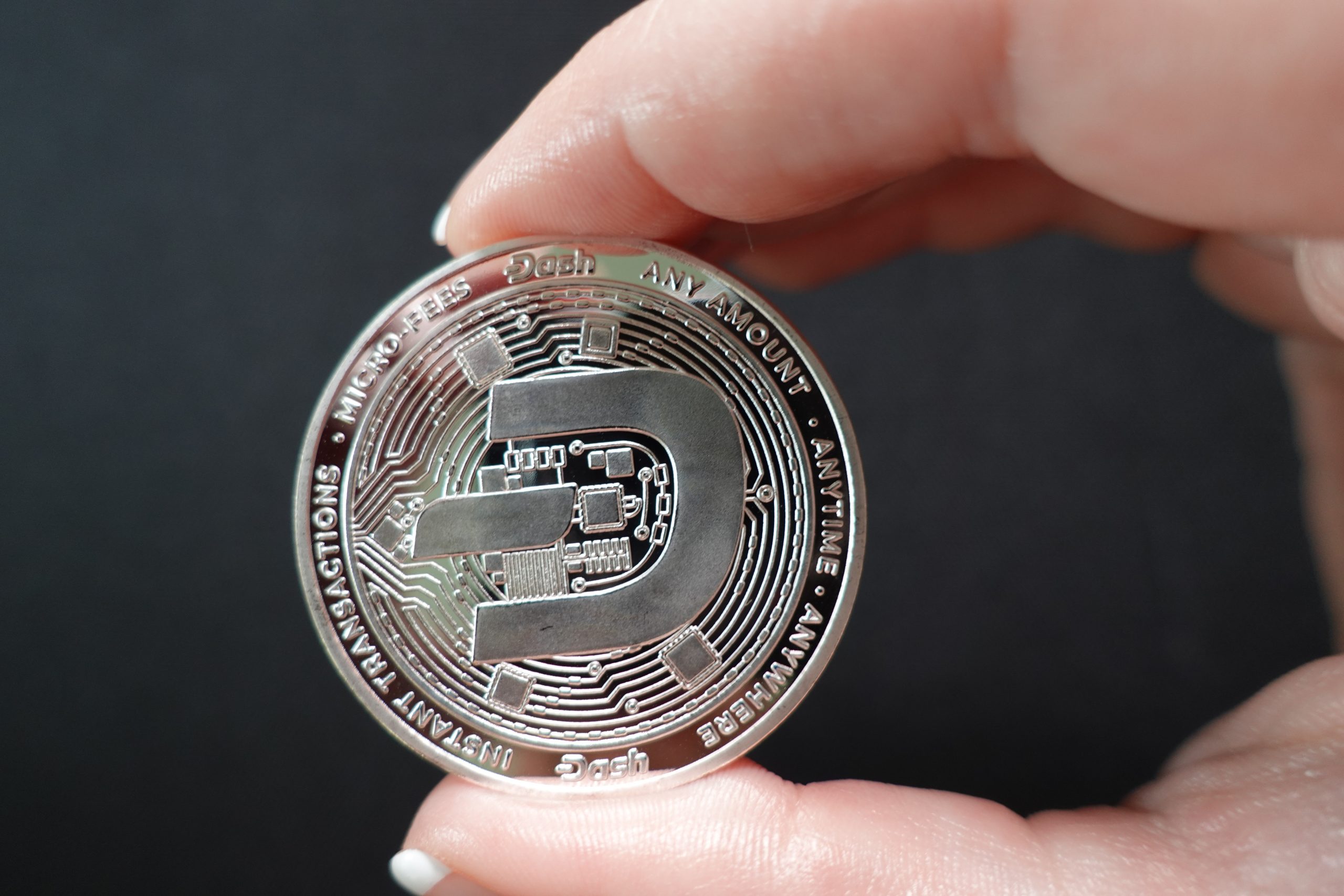Europe is a continent of many countries, each with their own set of economic and monetary policies. In recent months, the European Central Bank (ECB) has been seeing inflation rates rise in France and Spain – leaving the ECB with no other choice but to hike interest rates. This article will explore the current state of inflation rate hikes in Europe, what this means for the Eurozone and how it could potentially impact businesses across Europe. We’ll also look at how the ECB plans on tackling these rising inflation rates and the challenges they are likely to face along the way.
ECB Rate Hikes Imminent
The European Central Bank (ECB) is widely expected to raise interest rates at its upcoming meeting on Thursday, as inflationary pressures continue to build in France and Spain.
Inflation in the eurozone’s two largest economies has been on the rise in recent months, driven by higher energy prices and strong economic growth. In Spain, inflation hit a four-year high of 3.1% in October, while in France it reached 2.2%, its highest level since 2012.
With inflation now well above the ECB’s target of 2%, there is growing pressure on the central bank to take action. And with both France and Spain set to report further increases in inflation for November, it is all but certain that the ECB will raise rates at its meeting this week.
The question now is how much the ECB will raise rates by. While some economists expect a 0.25 percentage point increase, others believe that the central bank could go as high as 0.50 percentage points.
Whatever the size of the rate hike, it is clear that inflationary pressures are building across the eurozone and that action needs to be taken to cool down the economy.
Inflation Rates Continue To Rise In France and Spain
Inflation rates in France and Spain continue to rise, reaching 2.9% and 3% respectively in October 2017. This is well above the European Central Bank’s target of close to, but below 2%. The ECB is now widely expected to raise interest rates at its next meeting in December, in an effort to combat rising inflationary pressures.
Rising inflation rates are a concern for the ECB as they can erode consumer purchasing power and lead to higher wage demands, which in turn can push up prices even further. The ECB will be hoping that its interest rate hike will help cool inflationary pressures in France and Spain, and help bring rates back down to its target level.
What Does This Mean For European Markets?
The European Central Bank (ECB) is widely expected to announce a rate hike at its meeting on Thursday, as inflation in the eurozone continues to rise. This would be the first rate hike in nearly three years, and would come as a surprise to many investors who have been betting on rates remaining unchanged for the foreseeable future.
The ECB has been under pressure to act as inflation in France and Spain – two of the largest economies in the eurozone – has risen sharply in recent months. Inflation in France hit 1.4% in September, while Spain’s inflation rate rose to 3.1% in October.
A rate hike from the ECB would be bad news for European markets, which have been struggling in recent weeks amid concerns about the global economy. A higher interest rate would make it more expensive for companies to borrow money and could lead to further selling pressure on European stocks.
How Will This Affect The Global Economy?
The European Central Bank is widely expected to raise interest rates at its next meeting in March, as inflationary pressures continue to build in France and Spain. This comes after the ECB raised rates in December for the first time in nearly three years.
The move is likely to have an impact on global economic growth, as it will make borrowing more expensive for companies and consumers alike. In addition, it could add to the already-strong euro, making exports from the eurozone more expensive and potentially leading to further trade tensions with the US.
All of this comes at a time when the global economy is showing signs of cooling off, with growth forecasts being revised downward in recent months. So while the ECB’s actions may be necessary to contain inflation, they could also end up putting a brake on growth just as things are starting to slow down.
Conclusion
In conclusion, the ECB rate hikes are imminent as inflation rates continue to rise in France and Spain. This is expected to happen soon due to the increasing demand for goods and services from both countries. It is important for investors to understand that these rate hikes could have an effect on their investments, so it is crucial for them to stay informed about what the central banks are doing. With careful monitoring of economic conditions and a good understanding of how different currencies can affect investments, investors may be able to minimize any potential losses that may occur due to fluctuations in exchange rates or changes in interest rates.











